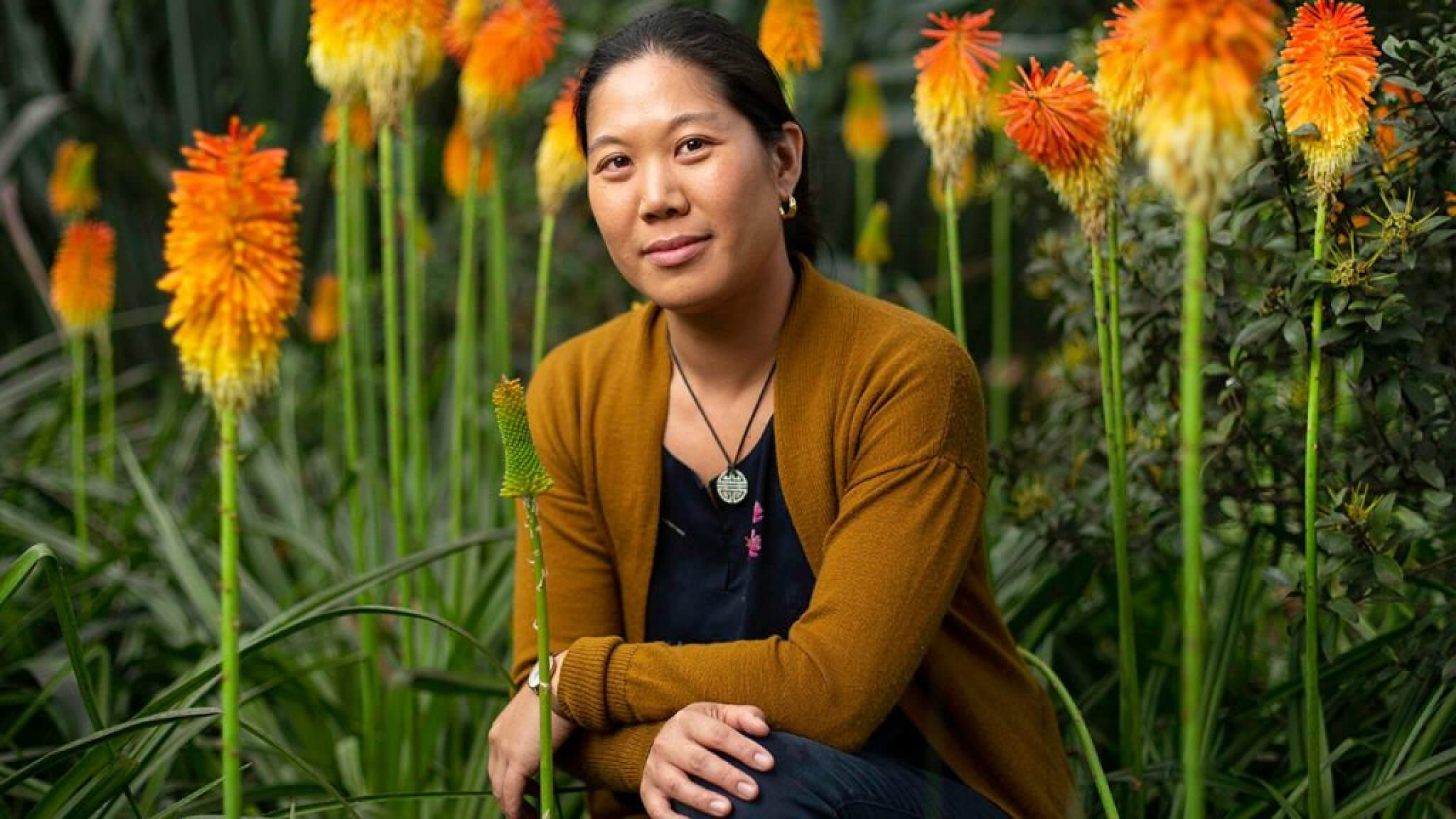School engagement – latest research shows student-teacher relationships, academic self-belief, and inclusivity are keys to success

May 31, 2023
Research published today by Growing Up in New Zealand shows that students who report positive relationships with their teacher are more engaged in school. The research also shows the importance of students’ self-belief as learners, and the need for inclusive school environments.
The findings are based on information from around 4,400 twelve-year olds in the Growing Up in New Zealand longitudinal study. Researchers measured levels of school engagement, such as the extent to which a student is committed to and participating in learning activities and looked at factors which helped young people be engaged in school.
Josie Tait, a lead author on the study said, “We found that positive student-teacher relationships were one of the most important factors for young people’s engagement in school. Students were much more likely to be engaged in learning activities when they felt their teacher listened to them, helped them, respected them, and was fair to them.”
The research also showed that young people’s beliefs about their own ability to succeed were strongly associated with school engagement.
“It’s important that young people are experiencing school as a place where mistakes are viewed as teaching moments, where they are taught to overcome learning challenges, and believe that they are successful learners. This all helps with school engagement,” said Ms Tait.
Researchers also looked at school engagement by young peoples’ gender, ethnicity, and learning needs finding some groups were not having such positive experiences at school. According to Ms Tait these findings show a need for responsive school environments to ensure that all young people feel included at school.
Key findings of the research are:
- Student-teacher relationships and students’ academic efficacy (i.e., believing in their own capabilities) had strong positive associations with school engagement.
- Young people who were transgender/nonbinary reported the lowest school engagement, compared with cisgender boys and girls, showing schools need more support to foster inclusive environments for all students.
- Young people with certain types of additional learning needs (e.g., specific learning disabilities, Autism, emotional/ behavioural difficulties) reported lower school engagement than those with no additional learning needs, highlighting the need for better practices at schools for these students.
- Depression symptoms had a strong negative association with school engagement, indicating that early intervention and support for mental wellbeing is vital.
According to Ms Tait these findings highlight areas where schools and policy makers can focus efforts to promote engagement in school.
“There needs to be a focus on building connections between teachers and students, so that students feel their unique needs and identities are respected and valued. Schools must be a place where young people feel safe, and where they can see their identity and culture reflected in their school environment. We’d also like to see young people getting access to early intervention services that support mental wellbeing because we found that depression symptoms, like feeling down and feeling lonely, are associated with lowered school engagement.”
“We want all our young people to thrive. We know that, on average, more engaged students are more motivated learners, have a deeper sense of connection with school, and have better achievement outcomes.” said Ms Tait.
ENDS
For more information, please contact:
Julia Crosfield
Media and Communications, Growing Up in New Zealand
Julia.Crosfield@auckland.ac.nz
027 282 4896
Saraid Black
Communications Manager, Growing Up in New Zealand
Saraid.black@auckland.ac.nz
09 923 7390 or 0274 732 211
Note for editors
- See the research, "School engagement" here: https://www.growingup.co.nz/growing-up-report/school-engagement
- This research is part of the "Now We Are Twelve" snapshot series looking at the development and wellbeing of twelve-year olds in New Zealand.
- The series is being published between April and June 2023 and covers the following topics: ethnic and gender identity (published 05/04/23); material hardship (published 05/04/23); food insecurity (published 01/05/23); housing and homelessness (published 01/05/23); school engagement (published today); COVID-19 pandemic; experiences of anxiety and depression; impact of disability; and relationships.
- See the “Now We Are Twelve” snapshot series here: https://growingup.co.nz/now-we-are-twelve
%201.svg)



